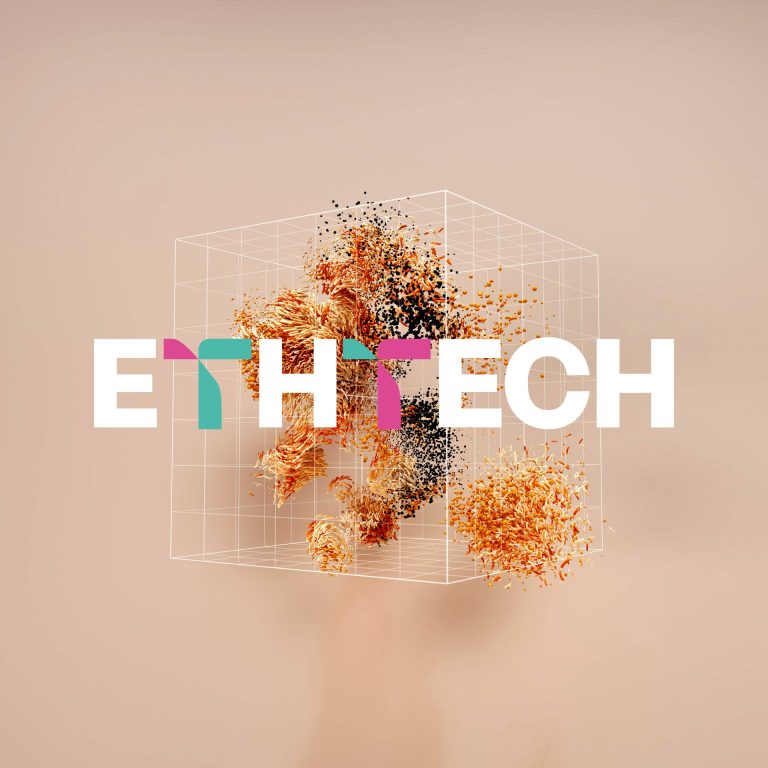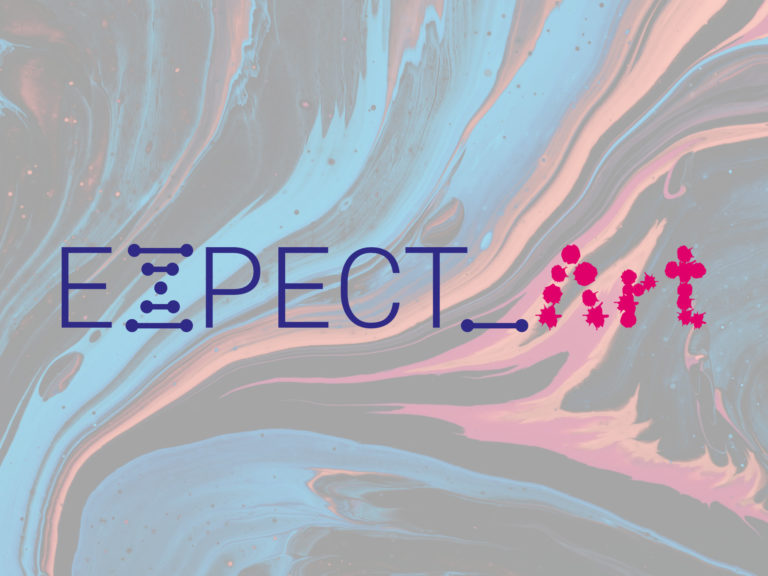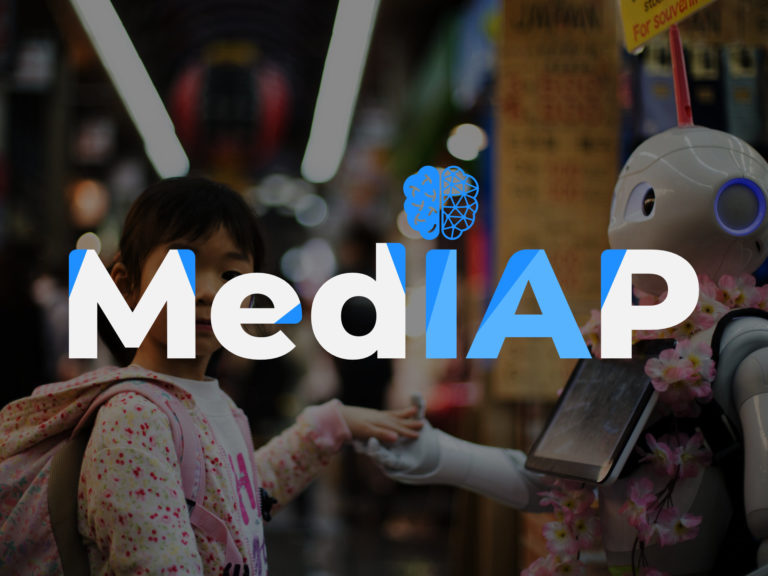Objetives
In the past 30 years, all technologically advanced countries and almost all of those considered in development have launched ambitious programs of first, computers in education, then ICT applied to education and, today, e-learning, expecting a high return in terms of improved performance and motivation of students. However, studies have failed to confirm the alleged transformation and improvement of learning situations in the school context brought about by ICT. From the available knowledge on the subject, the hypothesis of the project are:
- The political integration of ICT at regional, national and European levels are based on visions of technology, organization of teaching, learning and teacher training that do not facilitate deep and meaningful transformation of the school.
- The current operating conditions of schools (organization, content and articulation of curriculum, assessment systems, provision of teachers, access to resources, provision of time and space, professional development opportunities for teachers, etc.) are a major source of difficulties in integrating ICT in an innovative and improvement oriented way.
- Schools that are successfully integrating ICT in teaching and learning –understanding success as student’s performance and willingness to learn improvements– are those who get to question the rules of the “grammar” school and better connect with the interests and educational needs of students.
This project is included in the Programa Nacional de Ciencias Sociales, Económicas y Jurídicas, specifically in line with point 5.2, within the section called “Nuevas tecnologías de la información y comunicación y educación a lo largo de la vida. Aprendizaje en contextos virtuales”. Its specific objectives are:
- To describe, analyze and interpret the educational meaning of institutional policies implemented in Catalonia intended to facilitate the integration and use of ICT (Information and Communication Technologies) in the school system in the last 20 years, and its interdependence with national and European policy.
- To examine the view on education, ICT and its educational use underlying these policies and their potential to promote significant changes aimed at improving schools.
- To study the relationship of policy regarding the provision and use of ICT with other initiatives in education policy directly related to improvement and innovation. For example, the program of audiovisual media, foreign languages, conflict mediation, calls for innovation projects, etc.
- Identify, analyze and interpret the set of factors that shape the experiences recognized as innovative in the educational use of ICT in 4 primary schools and secondary schools in Catalonia.
- Examine the vision on education and the use of ICT that underlies the practice of the schools studied, and its potential to promote significant changes in the process and learning outcomes of students.
- Add our findings to the field of knowledge of educational innovation linked to the use of ICT through the dissemination of the process and the results of the project.
The originality and relevance of the objectives of this project lay on the transversality with which we will study holistically the interconnections.
Phases
- Analysis of institutional policies implemented in Catalonia to facilitate the incorporation and use of ICT (Information and Communication Technologies) to the school system in the past 20 years, its interdependence with national and European policies and its synergy with other initiatives for improvement and innovation in education. (Objectives 1, 2, 3).
- Implementing 4 case studies (2 primary schools and 2 secondary schools) to detect the forms of appropriation of the official discourse in schools, or the development of alternative responses, and narratives related to it. (Objectives 4 and 5).
- Disclosure of the proceedings and results of the project both within the scientific community and the practical community (designers and implementers of education policy). (Objectives 6).
Results
Participants
- Cristina Alonso Cano
- Juana María Sancho Gil
- Silvina Carmen Casablancas Villar
- Joan Anton Sánchez Valero
- Adriana Ornellas
- Jörg Müller
- Xavier Giró Gràcia
- Montserrat Guitert Catasús
- Teresa Romeu Fontanillas
- Paulo Padilla Petry
- Oscar Molto Egea
- Laura Domingo
- Karla Alonso
- Leticia Fraga
Ministerio de Ciencia e Innovación. SEJ2007-67562. 2007-2010



